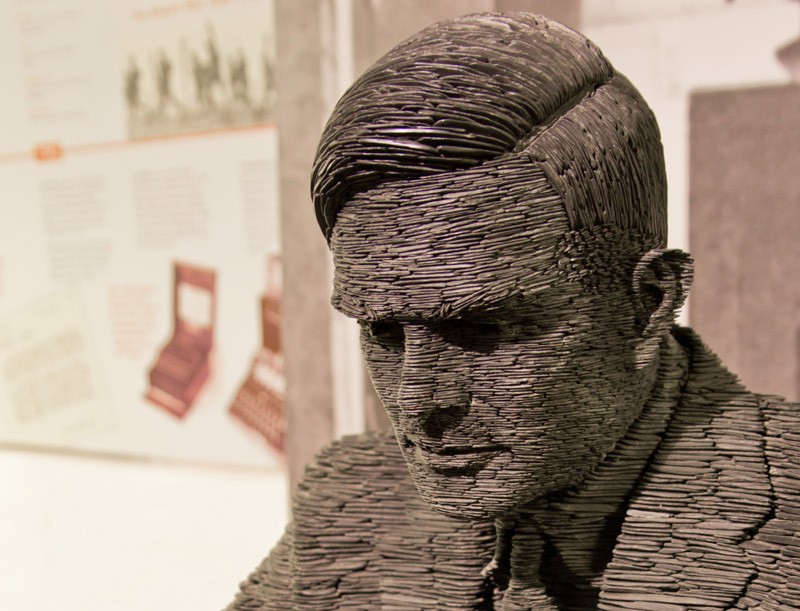Asked by Malcolm Bonnici
There is hope, there is fear, but no solid answers. Many bicker on the definition of artificial intelligence (AI), computers, robots, machines, and being sentient. If your definition of sentience includes being conscious, arguments can be bogged down in whether material objects can ever become conscious.In 1950, Alan Turing circumvented the problem by suggesting the Turing test.
If a human cannot distinguish between a computer and human then the computer has achieved sentience.
The illusion of sentience is enough for Turing. The argument has its flaws, but with the US starting a brain-mapping project and the EU recently launching a billion euro project to simulate the human brain with supercomputers, artificial sentience could become reality. And, the next inevitable question would be: would they take over the world?
Send your questions to think@um.edu.mt and we’ll find out if it’s the truth or just a fib!





Comments are closed for this article!